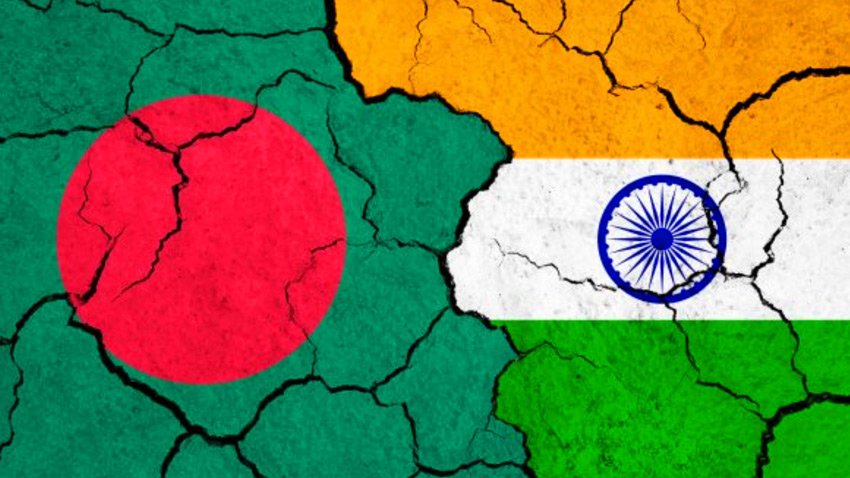India Cancels Bangladesh's Transshipment Facility; Exports to Nepal and Bhutan Will No Longer Use Indian Territory
India has canceled Bangladesh's transshipment facility, meaning that Bangladeshi goods will no longer be able to pass through Indian territory to reach Nepal and Bhutan.
India Cancels Bangladesh's Transshipment Facility; Exports to Nepal and Bhutan Will No Longer Use Indian Territory
India Cancels Bangladesh's Transshipment Facility; Exports to Nepal and Bhutan Will No Longer Use Indian Territory
India has canceled Bangladesh's transshipment facility, meaning that Bangladeshi goods will no longer be able to pass through Indian territory to reach Nepal and Bhutan.
The Indian government has already issued an order through the Central Board of Indirect Taxes and Customs to revoke the transshipment arrangement. The government has instructed that the trucks carrying Bangladeshi goods that are currently on Indian soil must be moved quickly.
In June 2020, India had granted Bangladesh the transshipment facility, which allowed Bangladeshi goods to be exported to Nepal and Bhutan via Indian territory. This change comes at a time when, just a few days ago, Professor Muhammad Yunus, the chief advisor of the interim government, made remarks about India's northeastern states, known as the "Seven Sisters," during his visit to China.
In Beijing, he mentioned that the Seven Sisters were a "landlocked" region, and that Bangladesh, as the "sole guardian of the sea" in the region, could help expand economic activities with China leveraging this advantage. His remarks sparked reactions in India.
Later, on April 2, Khalilur Rahman, the High Representative of the Chief Advisor in Dhaka, clarified Yunus' comments at a conference, explaining that the advisor’s remarks were made in the context of the vast potential for connectivity in the region, and that his intentions were entirely sincere.










